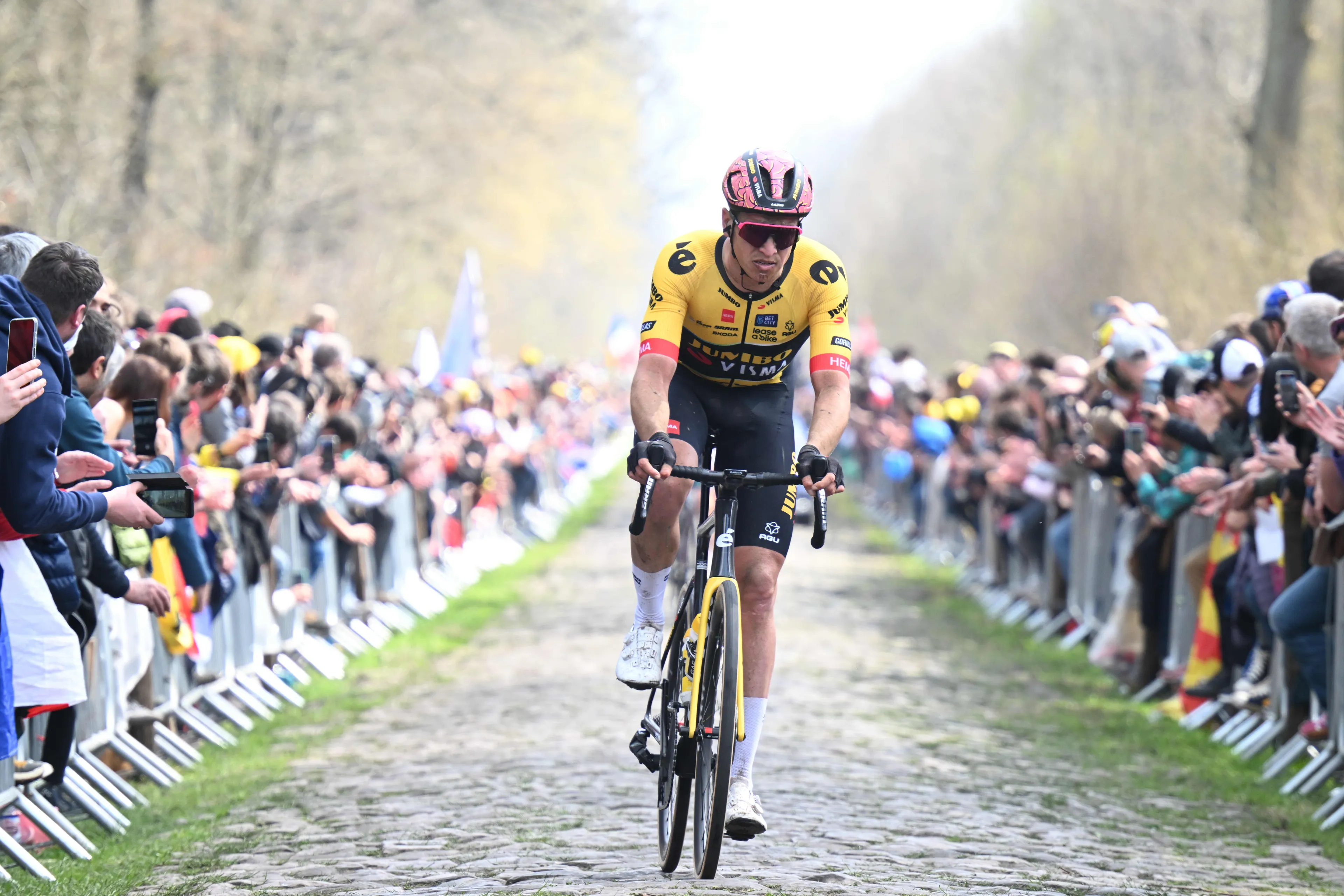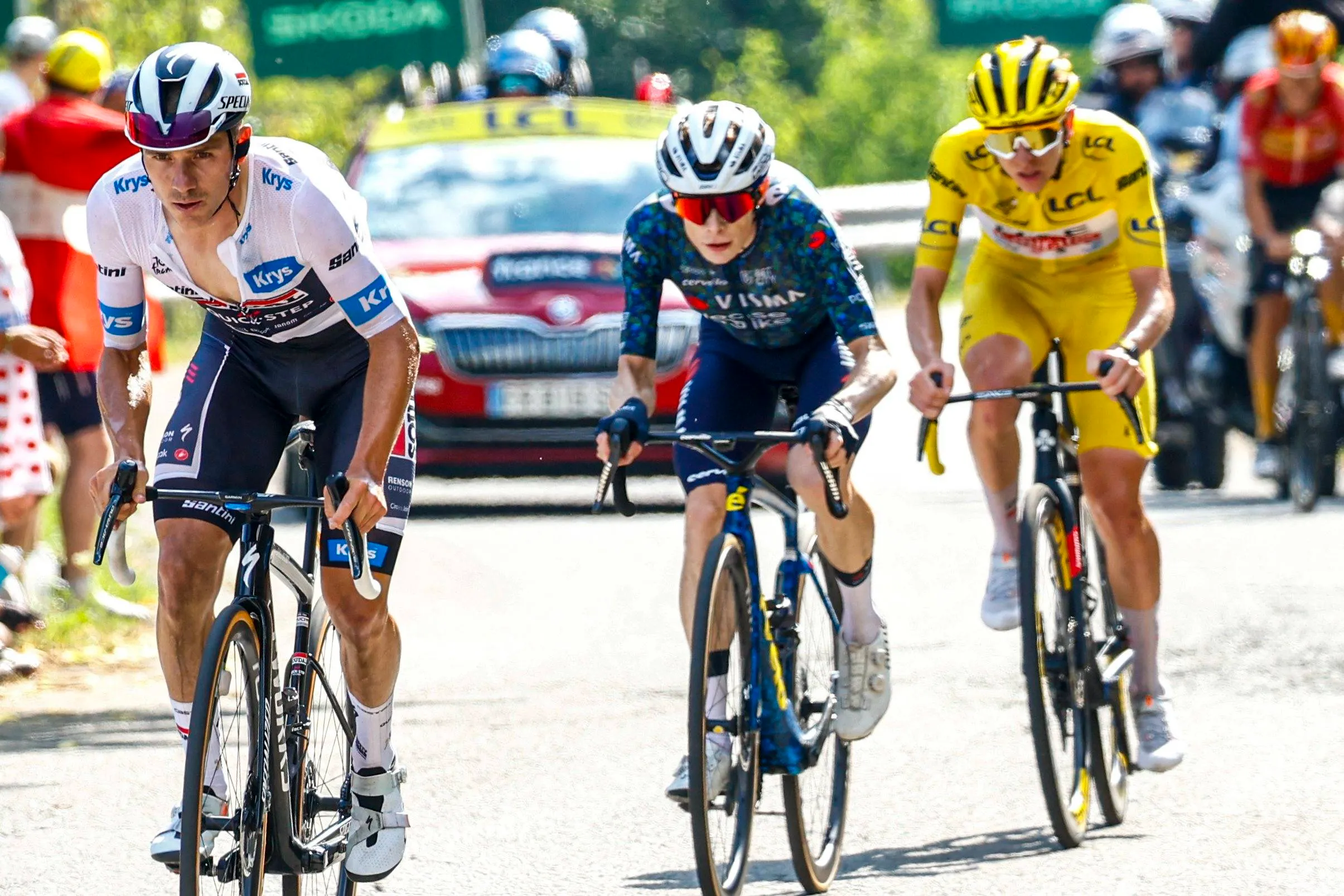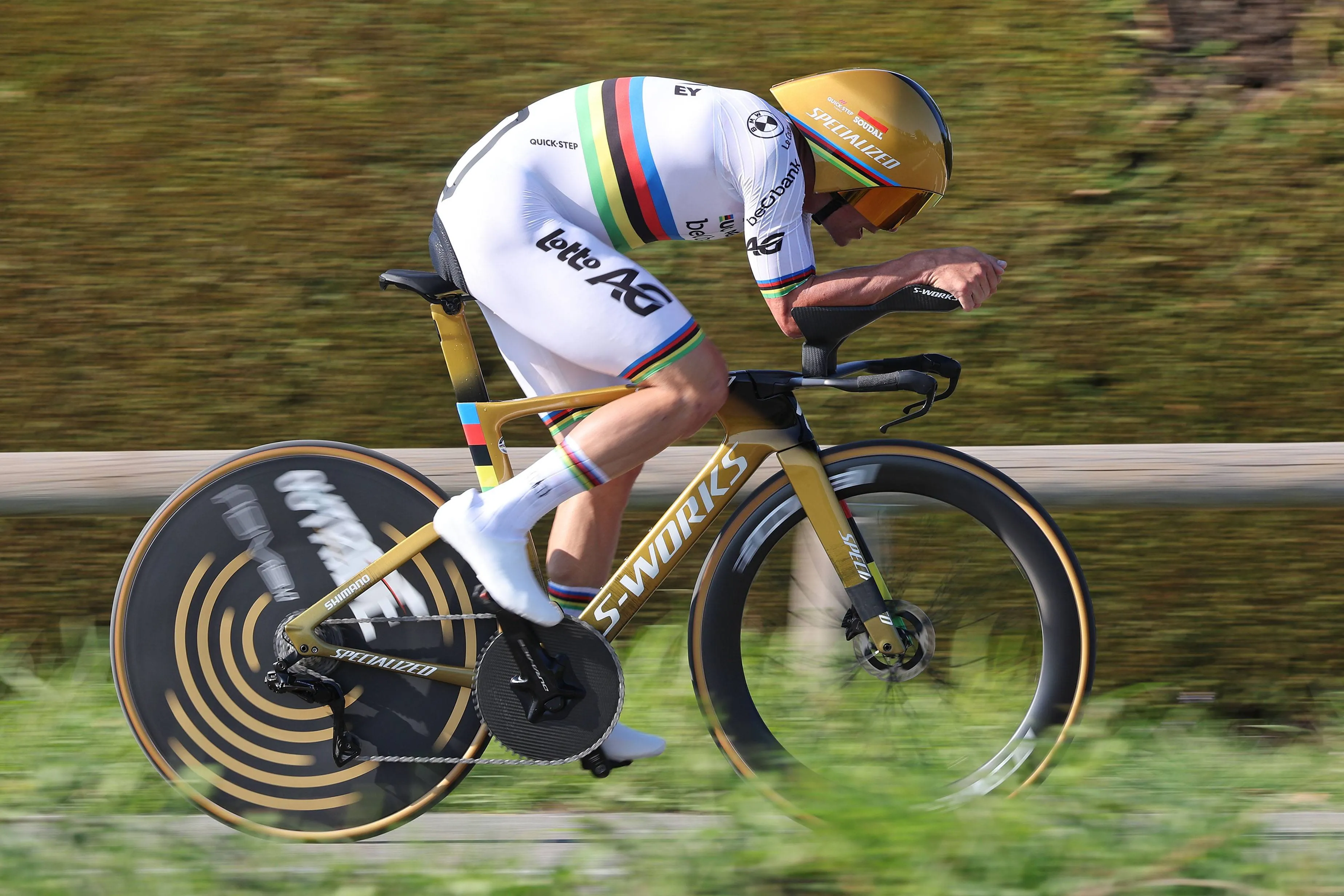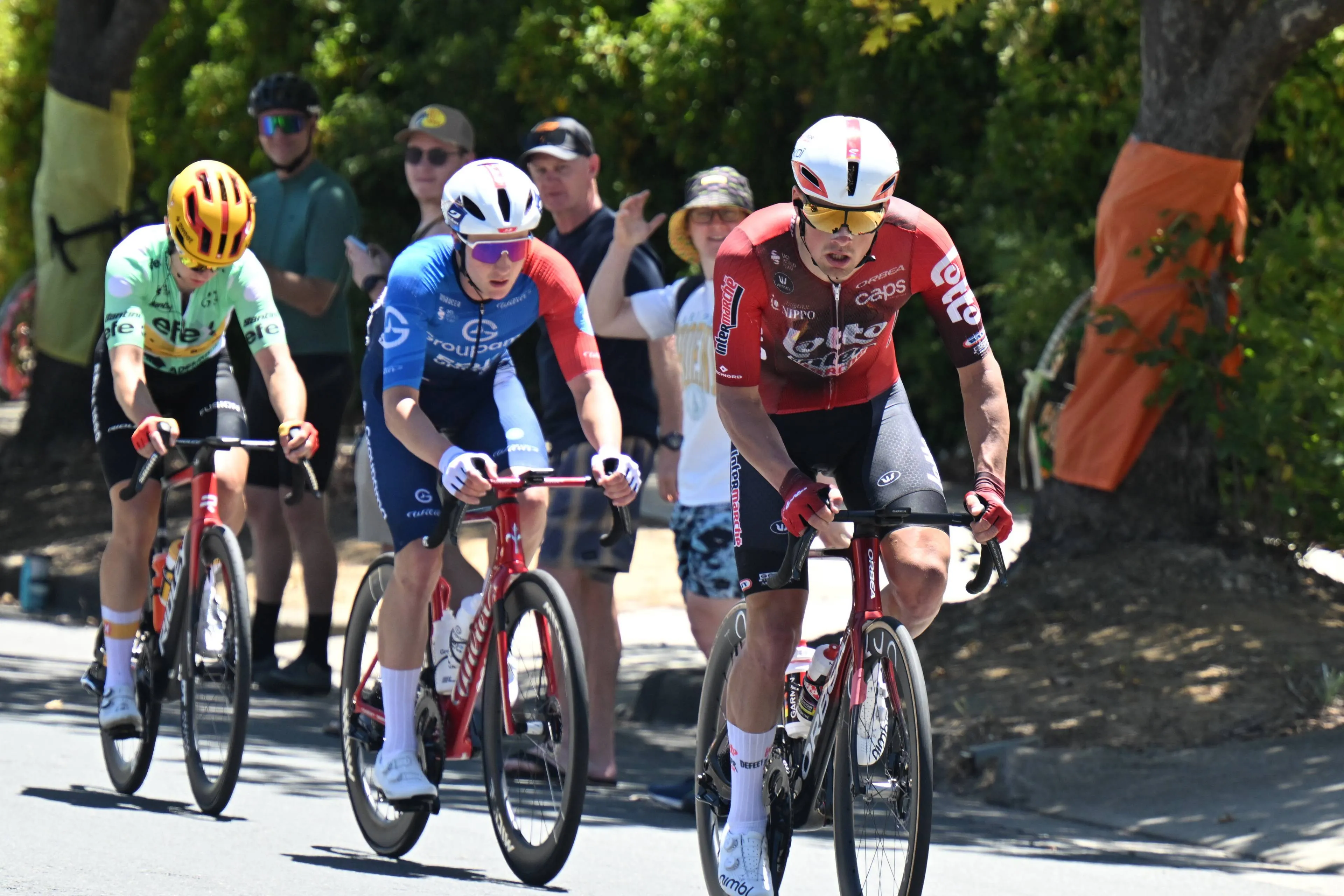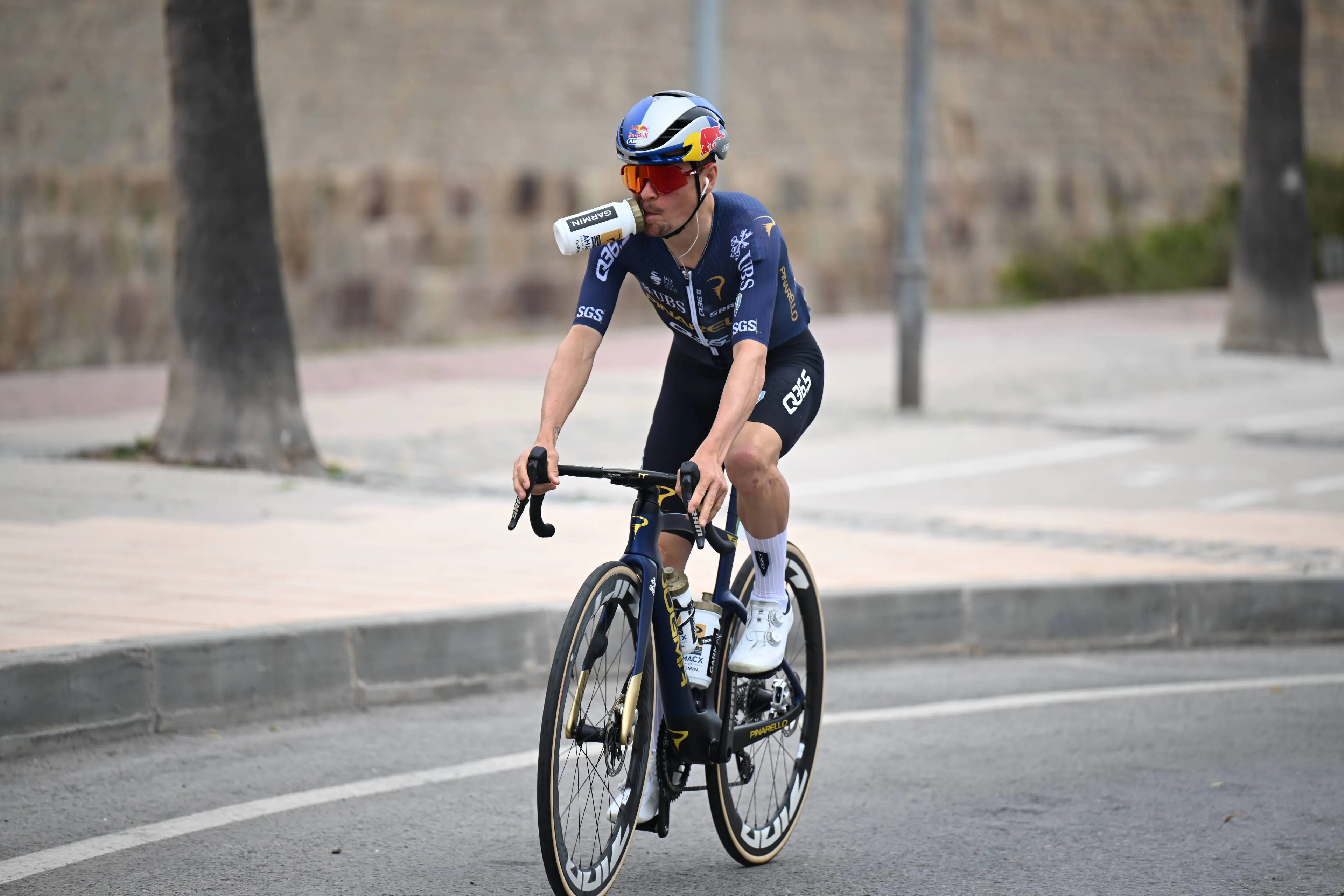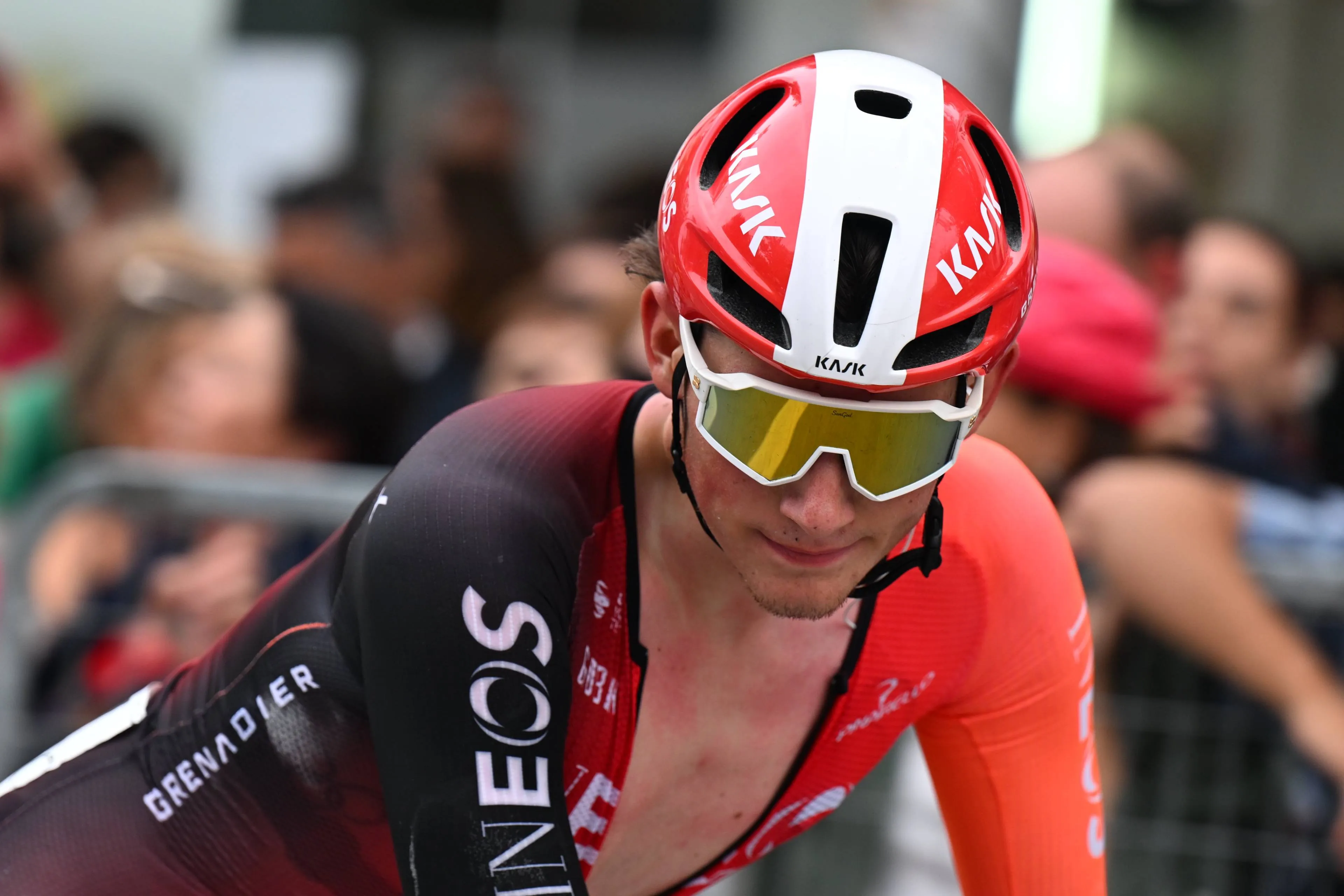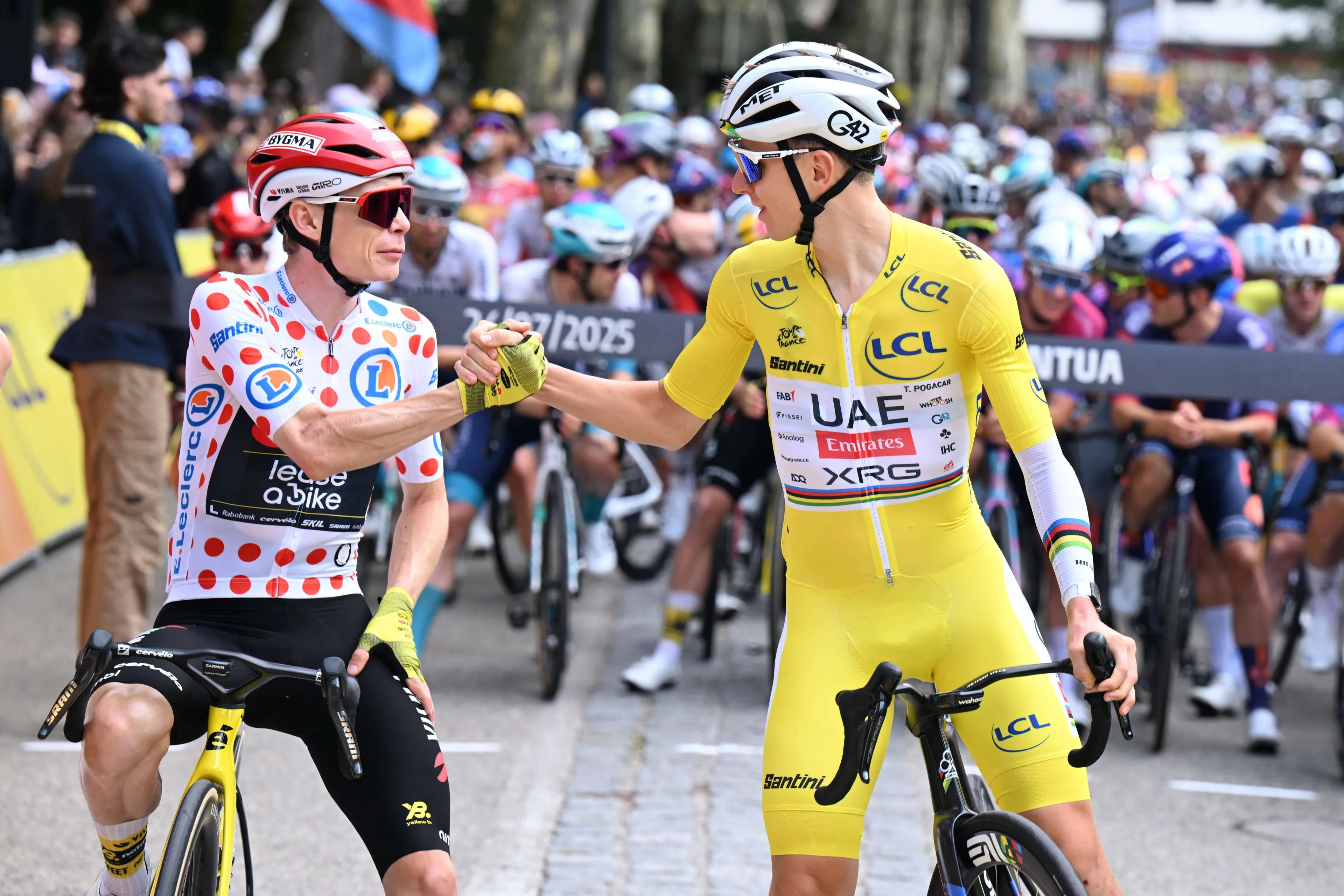“We’re not UAE" - Richard Plugge honest about Visma's financial limitations in the transfer market
CyclingThursday, 05 June 2025 at 11:00
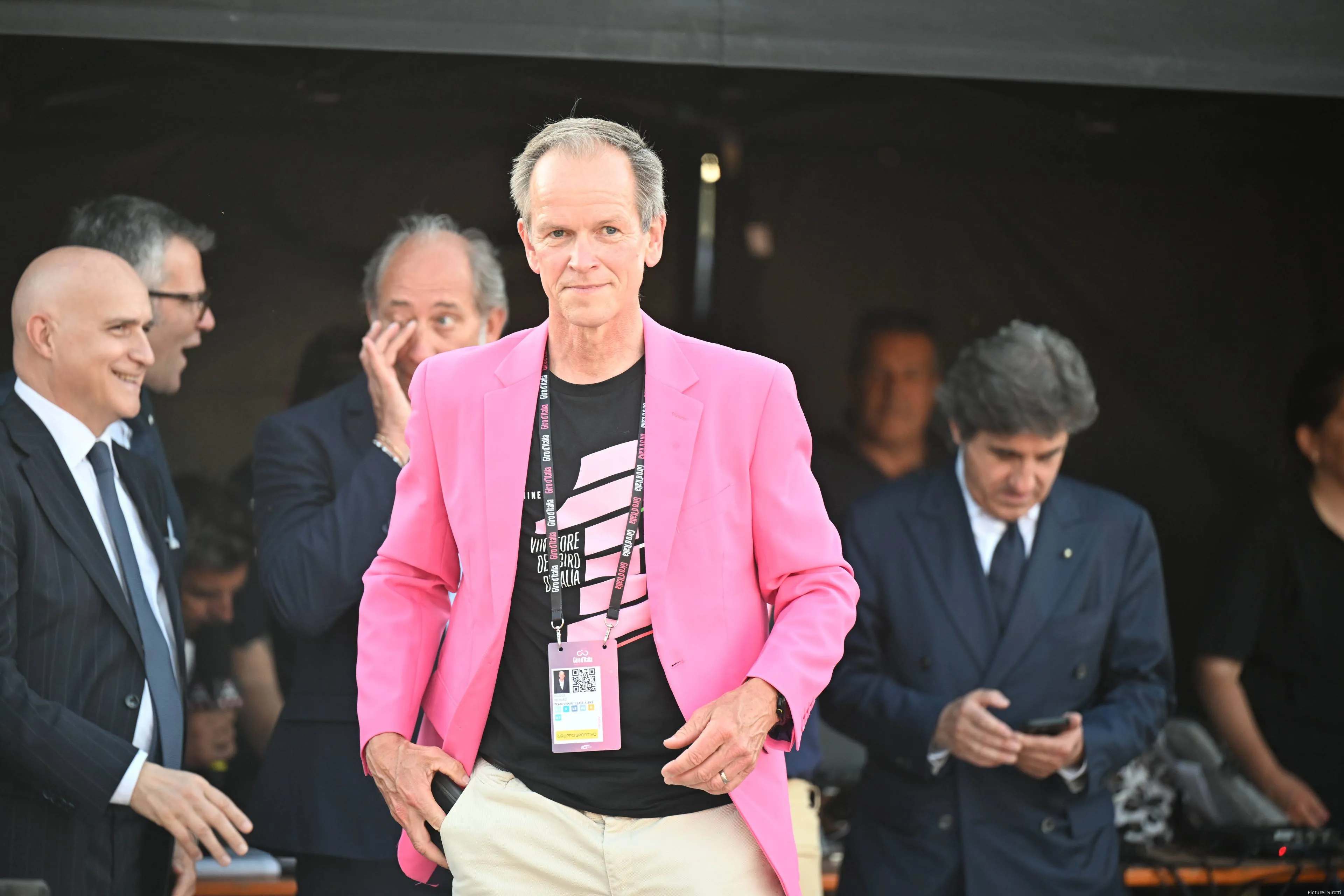
It’s been an open secret for months: Olav Kooij — and Tiesj Benoot — are set to join Decathlon AG2R La Mondiale Team next season. But for the first time, Team Visma | Lease a Bike general manager Richard Plugge has spoken candidly about the reasons behind the departures, offering insight into the financial and sporting pressures currently reshaping the WorldTour landscape.
Plugge acknowledged that Visma is no longer the financial powerhouse it was five years ago — and that they can’t compete with the spending power of some of cycling’s new heavyweights.
“We’re not UAE. Other teams have increased their budgets and are targeting our riders with offers that go beyond what we’re prepared to pay for their market value,” Plugge told Het Laatste Nieuws. “If a rider decides to earn more elsewhere, I congratulate them. They’re professionals. This is their livelihood.”
Read also
Kooij's Exit: More Than Just Money
While financial factors always play a role, Plugge was quick to stress that Kooij’s decision to leave isn’t purely about the paycheck. The 22-year-old Dutch sprinter has long been considered one of the most promising fast men in the peloton, yet he still hasn’t had the chance to ride the Tour de France.
That lack of opportunity may have weighed heavily on Kooij’s decision, Plugge admitted: “Sporting ambitions matter too. Sometimes a rider wants guarantees that we simply can’t offer — guarantees they might find elsewhere.”
With Jonas Vingegaard the undisputed centrepiece of Visma’s Tour de France strategy, it’s clear that every spot on the team is designed to support a third yellow jersey bid. “Our entire Tour team is built around trying to win the race with Jonas,” Plugge stated plainly. “That’s our goal.”
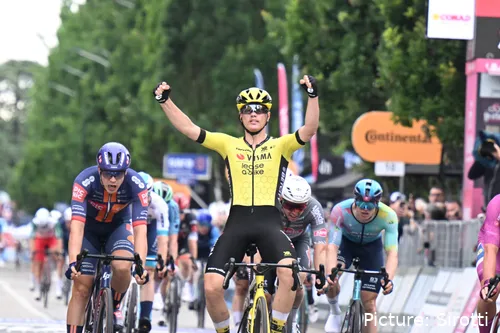
Olav Kooij, celebrating a win in the Giro d'Italia;
Budget Battles and Shifting Power
Plugge firmly denied that the team is facing financial difficulties, despite speculation sparked by the high-profile departures. “That’s a myth,” he said. “Starting from the Tour, we’ll have a new co-sponsor — Skil. Financially, we’re in a strong position. We have the fifth-largest budget in the peloton.”
But the arrival of corporate giants like Decathlon, Red Bull, and Lidl as major sponsors across the sport has shifted the balance of power — and raised the stakes. “Those brands are pushing other teams up toward the top. The playing field is changing,” Plugge explained.
Rather than overspending to keep pace, Visma is doubling down on performance. “To stay competitive, we need our riders to perform better with us than they would elsewhere. That’s still happening. Riders want to join us. And some of them are earning less now than they did with their previous teams.”
But Plugge was also clear: Visma has limits. “Every rider has a market value, and we don’t like to exceed it,” he concluded his comments firmly.
Read also
🇮🇹 #GirodItalia
— Team Visma | Lease a Bike (@vismaleaseabike) June 4, 2025
Relive Olav’s second stage win in this year’s Giro d’Italia! 🚀🩷 pic.twitter.com/LQeQjsRy9j
claps 1visitors 1
Just in
Popular news
Latest comments
- Remco is poorly positioned so oftenmij17-02-2026
- Klaebo is my dream in the crossover cycling/other sport, I've added you now.
 maria2024202417-02-2026
maria2024202417-02-2026 - 1 to watch for the future..
 leedorney17-02-2026
leedorney17-02-2026 - This guy has more excuses than Lewis Hamilton.....😂
 Senna196017-02-2026
Senna196017-02-2026 - Best time trialist of all time?! Good joke. Okay, he may be getting best avg speeds of all time, but lets not forget about the enormous technical and nutritional progress of the last 5 years. The likes of Boardmann, Cancellara, Martin or Wiggins would eat him on breakfast if put in the same era.BenAflec17-02-2026
- I don't think the specialists feel less pressure. Their whole career and (as a result), salary depend on their performance during the winter. They cannot afford to play and have fun there, because their future is on stake every race. The likes of VDP or Wout couldn't care less.BenAflec17-02-2026
- Visma lease a bike have some problems... it's gonna be an interesting year 🤷
 leedorney16-02-2026
leedorney16-02-2026 - I can't see what the problem is, he was moving across to get the wheel and van Gils couldn't handle his bike and he didn't brake and so disbalanced into the barriers 🤷 - yes it was subsequently a bad move as van Gils ended up in the barriers, theirs been worse in the tdf.. and it's been ignored! How time change.. 😁
 leedorney16-02-2026
leedorney16-02-2026 - Pretty sure Del Toro is a North American.awp16-02-2026
- the big boys have come out to play and now Remco has to pay attention and racemij16-02-2026
Loading
Write a comment
